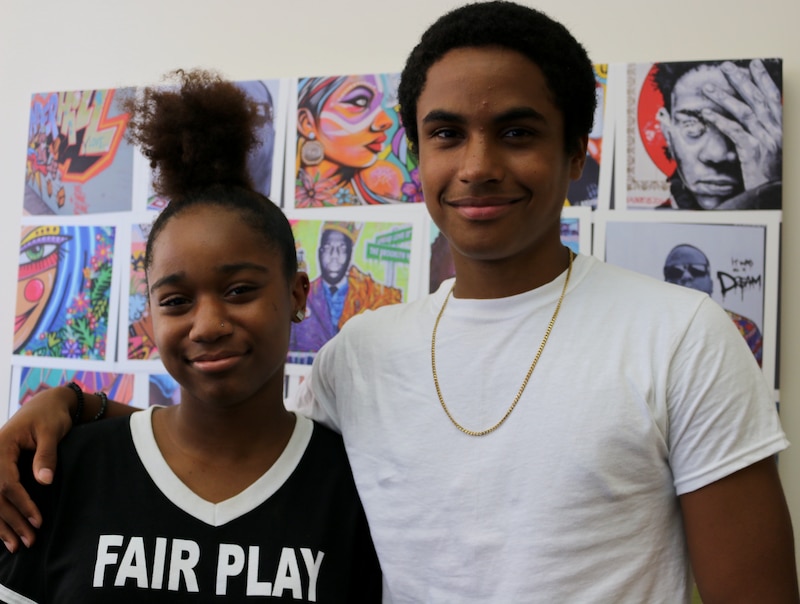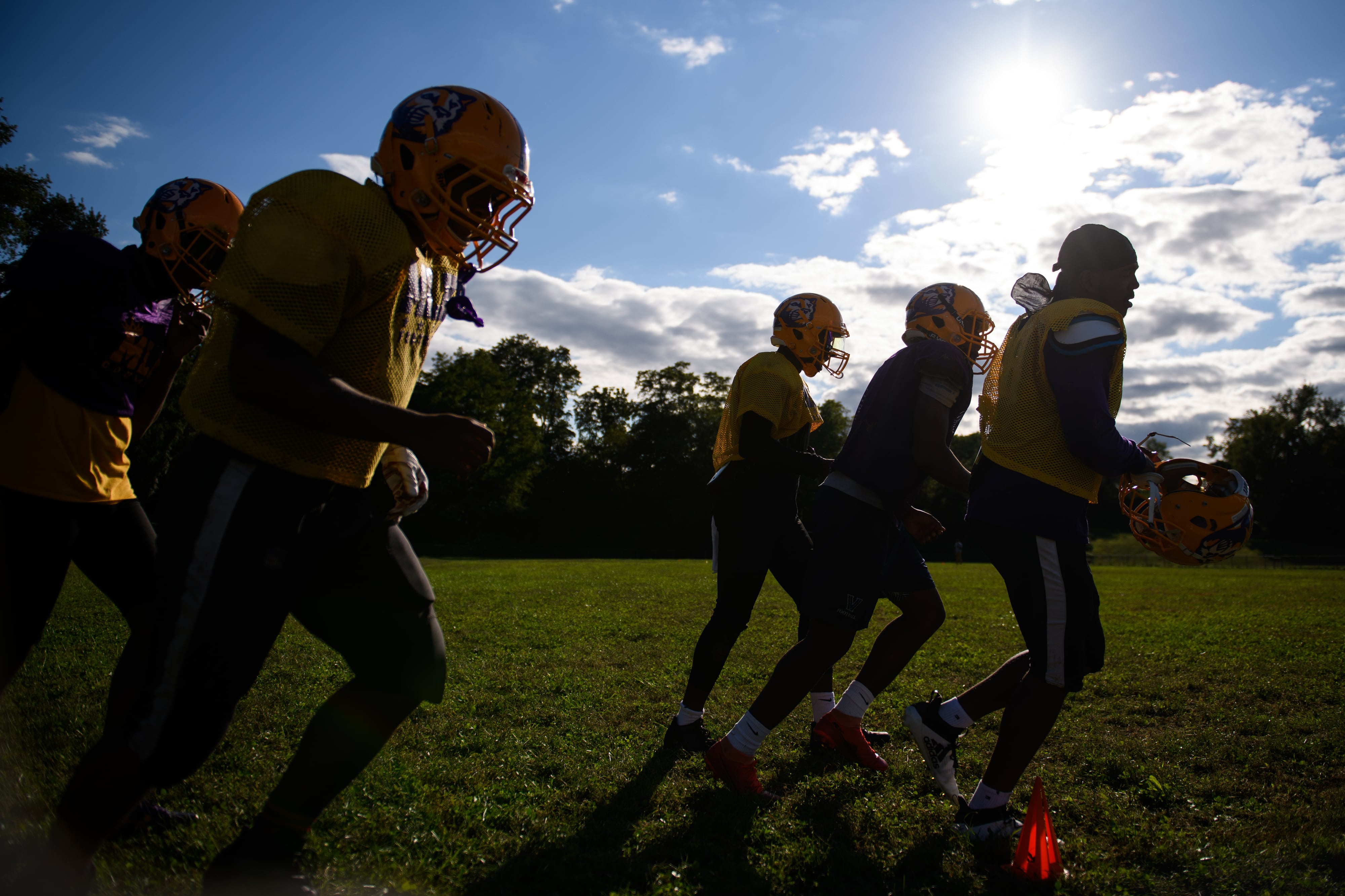New York City will expand access to sports teams in the wake of a lawsuit that claimed Black and Latino students were systematically denied access to the same athletic opportunities as students of other races.
Under a preliminary settlement agreement announced Wednesday, the education department will group certain nearby high schools so they can share access to Public School Athletic League (PSAL) sports teams. In addition, the city will create 200 new sports teams by spring 2024.
The agreement is a significant victory for students and advocates who have argued that unequal access to sports teams can have significant effects on students’ physical and mental health and their ability to earn college scholarships for athletes.
“It’s a complete restructuring of how small, highly-segregated schools get access to PSAL sports,” said Caroline Soussloff, an attorney at New York Lawyers for the Public Interest, one of the legal organizations involved in bringing the class action lawsuit. “This is pretty monumental.”
The lawsuit was filed in state court in 2018 by student athletes who were denied access to sports teams as well as IntegrateNYC, a youth-led group that pushes for desegregation and equal resources in city schools. The suit argued the athletic team disparities violated the city’s human rights law.
The lack of sports teams at many high schools can be traced in part to a Bloomberg administration-era policy that closed many large high schools that were considered low-performing and replaced them with smaller schools that could offer a more personalized experience. That policy has created academic benefits, research has shown, but those small schools often don’t enroll enough students to field a wide array of extracurricular activities including sports.
The limited offerings at smaller high schools, especially those that predominantly serve students of color, have led to stark inequities, Soussloff said. Black and Latino students attend schools with about 10 fewer teams on average compared to students of other races, according to the lawsuit.

Schools that serve higher shares of Black and Latino students were five times more likely to have their application for a team denied, the city spent less money on sports for Black and Latino students compared with students of other races, and about 17,000 Black and Latino students attended schools with no sports teams whatsoever, the lawsuit claimed.
It was not immediately clear exactly how many Black and Latino students would gain access to sports teams under the agreement, which will phase in through the spring of 2024. But it will either create or expand “shared access programs” in which students from different schools can join each other’s sports teams. Nineteen of the city’s 32 geographic school districts will see such arrangements, according to the agreement, including five districts that have already begun piloting it.
The agreement will also allow individual students with access to fewer than six PSAL teams — and whose schools don’t have formal partnerships with other campuses — to join teams at other schools.
The settlement must still be approved by a judge before it’s finalized.
“We are so proud that the success of our shared-access pilot program will serve as a foundation to increase student access to sports citywide,” education department spokesperson Nathaniel Styer said in a statement. “We are excited to add over 200 new teams over the next three years and ensure for the first time that every student in this city can participate in sports.”






